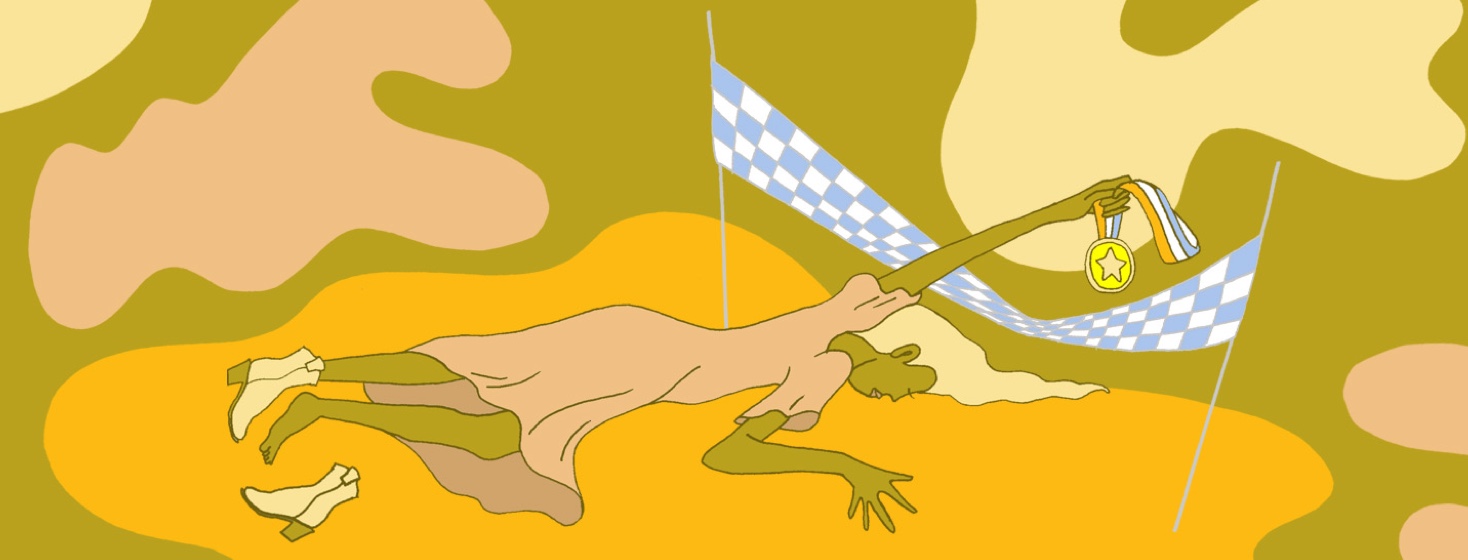Listen to Your Fatigue, it's Trying to Tell You Something
In between chemotherapy sessions, while recovering at home, I could tell when my red blood cell count was so low that I would need a transfusion, or maybe even a shot. It was a long time ago, but one day in particular when I was really dragging, is still very clear in my mind. Putting on my best Dracula voice, I said to my mother, “I need blood.”
Two aspects of this memory stand out: I knew my body and when I could muster it during my treatment for acute myeloid leukemia, I tried to hold onto my sense of humor.
Learning to listen to my body
My blood test results a few days later showed that I did, in fact, need a transfusion. I felt so bad that I asked my nurse practitioner if I could have one of those “Lance Armstrong shots.” Actually, I got darbepoetin alfa (also known as Aranesp), a drug used to treat anemia during chemotherapy, and not Erythropoietin (EPO) - Erythropoietin, or EPO, the banned substance that Armstrong used.1, 2
I don’t remember what my hematocrit was during those days when I needed a transfusion, a shot, or both, but I assume it was even lower than when I got my diagnosis after reporting unusual fatigue during a 10K road race. It was 28 percent, compared to a normal range of 35.5 to 44.9 percent for women.3 Red blood cells carry oxygen and nutrients throughout the body, so that is why a low percentage of them – anemia – can make you tired.
While the fatigue during treatment is obvious, the kind that you get when leukemia is creeping up on you, can be more subtle. That is unless you let it drag on and only go to the doctor when you’re barely able to get out of bed.
You can’t go to the doctor every time you’re tired. But I’m here to tell you that if you notice unusual fatigue lasting for weeks, then it’s time to do some investigating.
More than just fatigue: My AML diagnosis
In the early part of 2003, a friend who I ran with noticed that I was having trouble keeping up with her. I thought it was because she was super fit. In February 2003, I felt a little under the weather as the date for a hilly 10-mile road race approached. My mother said I shouldn’t do it, which probably made me want to do it more. I walked up one of the hills but didn’t make anything of it, because other people were doing it also.
Next, came the Saint Patrick’s Road Race that March. It took me at least 10 minutes longer to finish than in previous years. I wrote in my New York Times Lives essay that I could hardly catch my breath, and nearly fainted at the end.
The following week, I got blood work done at my doctor’s office. I thought he might prescribe iron pills, but he prescribed a trip to see a hematologist. He did a bone marrow biopsy that revealed shocking news. I had AML, a fast-moving blood cancer that can be fatal. Within a week, I was a new patient at the Dana-Farber Cancer Institute. Because I caught it early, my otherwise good health helped me during treatment.
If there is a moral to the story, it would be to pay attention to your symptoms. Fatigue doesn’t always point to a serious disease, but it usually points to something.

Join the conversation